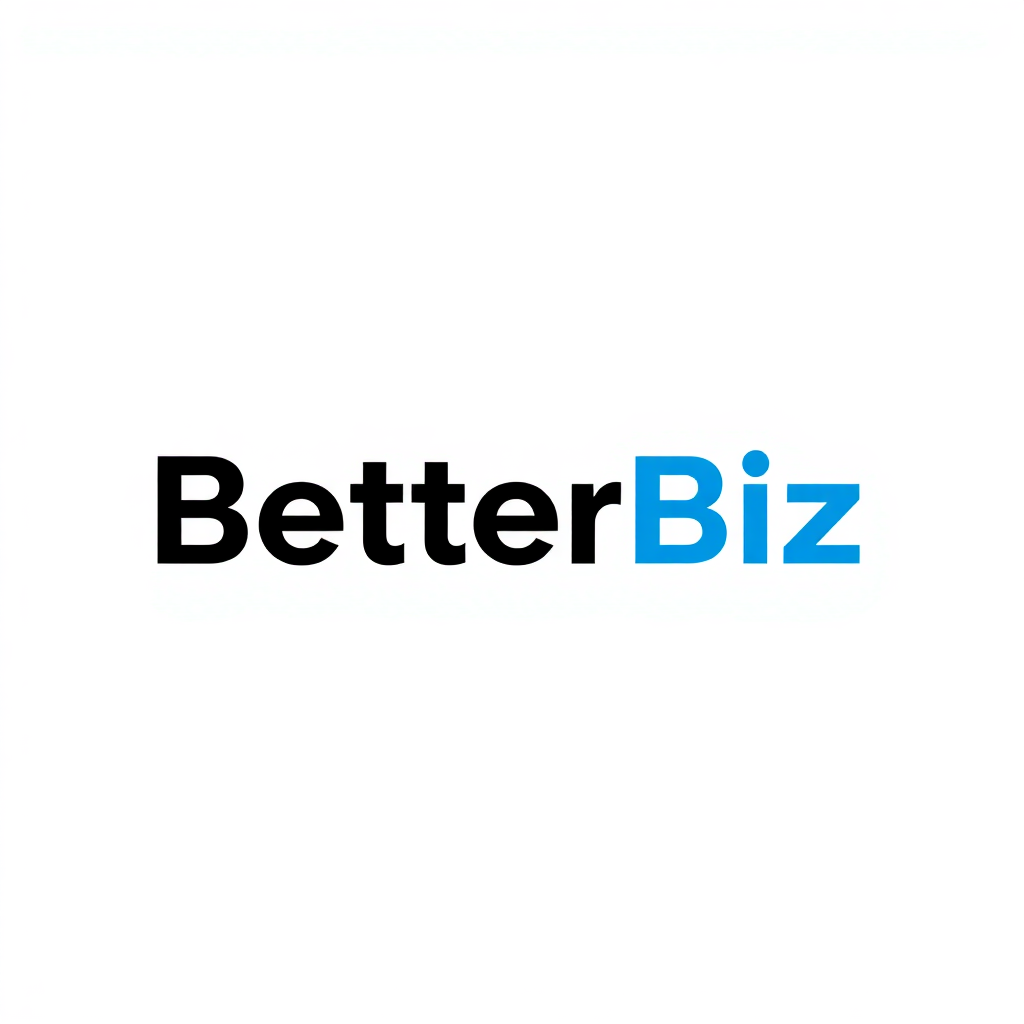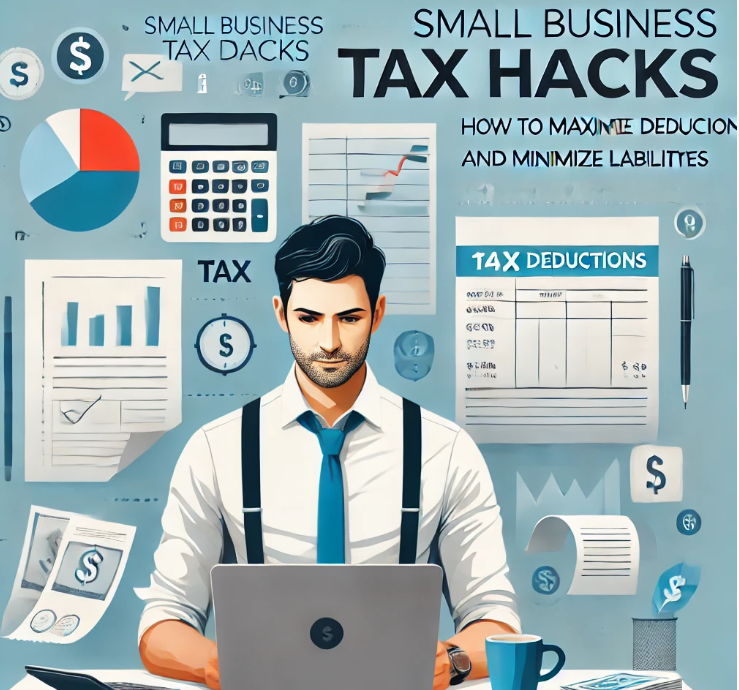Running a small business in the U.S. isn’t just about providing excellent products or services—it’s also about managing your finances wisely, especially when tax season rolls around. With constantly changing tax codes, complex deductions, and potential pitfalls, it’s no surprise many small business owners find taxes daunting.
Whether you’re operating stateside or managing your business from overseas, understanding the tax breaks available and strategies to reduce your liabilities can make a big difference to your bottom line. This article breaks down actionable tax hacks that help U.S. small business owners not only survive tax season—but thrive in it.
1. Choose the Right Business Structure
Your tax liability often starts with how your business is legally structured.
-
Sole Proprietorships: Easiest to manage, but income is taxed as personal income.
-
LLCs: Offers flexibility—you can choose how you’re taxed.
-
S Corporations: Allows profits (and losses) to pass through directly to your personal income without being subject to corporate tax.
-
C Corporations: Subject to double taxation, but can be beneficial for reinvestment-heavy businesses.
Pro Tip: Electing S Corp status can help you avoid paying self-employment taxes on a portion of your income.
2. Understand and Claim All Available Deductions
One of the most effective tax strategies is to deduct every legitimate expense. Some commonly overlooked deductions include:
-
Home Office Deduction: If you use part of your home exclusively for business, you may deduct associated costs.
-
Startup Costs: Up to $5,000 in initial expenses can be deducted in your first year.
-
Vehicle Use: Mileage or actual vehicle expenses (gas, maintenance, insurance) can be deducted if used for business.
-
Business Meals: Typically 50% deductible when the meal is directly related to business activities.
-
Professional Services: Fees for lawyers, consultants, and accountants are fully deductible.
Keep in mind: To claim these deductions, you must have accurate records and receipts.
3. Track Expenses Religiously
Use accounting tools like QuickBooks, FreshBooks, or Wave to record every transaction. Categorizing and tagging expenses not only helps you see where your money goes, but it also protects you during an IRS audit.
Apps like Expensify or Shoeboxed can simplify receipt tracking—snap a photo, and you’re done. That $12 lunch meeting? Don’t let it slip through the cracks.
4. Maximize Retirement Contributions
Contributing to a retirement plan doesn’t just prepare you for the future—it also helps you cut down your taxable income today.
-
SEP IRA: Contribute up to 25% of compensation or $66,000 for 2023.
-
Solo 401(k): For self-employed individuals—contribute both as employee and employer, allowing for large contributions.
-
Traditional IRA: Reduces your taxable income (subject to income limits).
This strategy is especially useful for freelancers or solopreneurs looking for ways to reduce taxable profits while securing retirement.
5. Leverage the Qualified Business Income (QBI) Deduction
This gem, introduced in the Tax Cuts and Jobs Act of 2017, allows eligible business owners to deduct up to 20% of their qualified business income.
Who’s eligible? Generally, U.S.-based sole proprietors, LLCs, S Corps, and partnerships.
However, there are income thresholds and limits for certain “specified service businesses” (like law, health, or consulting). If your taxable income exceeds $182,100 (single) or $364,200 (married filing jointly) for 2023, consult a tax advisor to see if you still qualify.
6. Hire Family Members Strategically
Hiring your spouse or children isn’t just a sentimental decision—it can be a strategic one.
-
Hiring your children under 18 can exempt you from paying Social Security and Medicare taxes (if you’re a sole proprietorship or partnership).
-
You can deduct their wages as a business expense.
-
The child may also pay little or no income tax if they fall under the standard deduction threshold.
Ensure their role is legitimate and pay them a reasonable wage. The IRS doesn’t love tax schemes disguised as “family employment.”
7. Pay Estimated Taxes Quarterly
Missing your estimated quarterly tax payments can result in penalties. The IRS expects you to pay as you earn, especially if you anticipate owing more than $1,000 in taxes for the year.
Use IRS Form 1040-ES to calculate your estimated payments. Set reminders for:
-
April 15
-
June 15
-
September 15
-
January 15 (of the following year)
And yes—those dates apply even if you’re running your business from a hammock in Costa Rica.
8. Utilize Business Credit and Interest Deductions
If you’re using credit cards or loans for your business, the interest is deductible as a business expense. This includes interest on:
-
Business credit cards
-
Business loans
-
Equipment financing
What’s not deductible? Personal interest (i.e., if you’re using your card for a mix of business and personal expenses).
Pro Tip: Keep business and personal expenses on separate accounts to make tax prep easier and cleaner.
9. Take Advantage of Depreciation
Buying business equipment like computers, machinery, or furniture? You might qualify for Section 179 Expensing.
This allows you to deduct the full purchase price of qualifying equipment purchased or financed during the year—rather than depreciating it over time.
For 2023, the deduction limit is $1,160,000 (phased out after $2.89 million in equipment purchases). Bonus depreciation also lets you deduct 80% of qualified property in the first year—dropping to 60% in 2024.
10. For Expats: Don’t Forget the Foreign Earned Income Exclusion (FEIE)
If you’re a U.S. citizen running a business while living abroad, you’re still subject to U.S. tax laws (yep, Uncle Sam always finds you).
But the FEIE allows you to exclude up to $120,000 (2023) of foreign-earned income if you pass the physical presence test (330 days in a foreign country) or bona fide residence test.
Also consider the Foreign Tax Credit, which helps reduce double taxation if you’re paying foreign taxes.
But beware: Things get complicated fast. Work with a tax pro familiar with expatriate tax law to maximize benefits while staying compliant.
Conclusion
Smart tax planning isn’t about gaming the system—it’s about knowing the system. By understanding your deductions, keeping clean records, and using the right strategies, you can legally reduce your tax bill and invest more back into your business.
Whether you’re running a boutique from Brooklyn or coding SaaS from Singapore, these tax hacks can help you keep more of what you earn—and sleep better at night knowing the IRS won’t come knocking.


